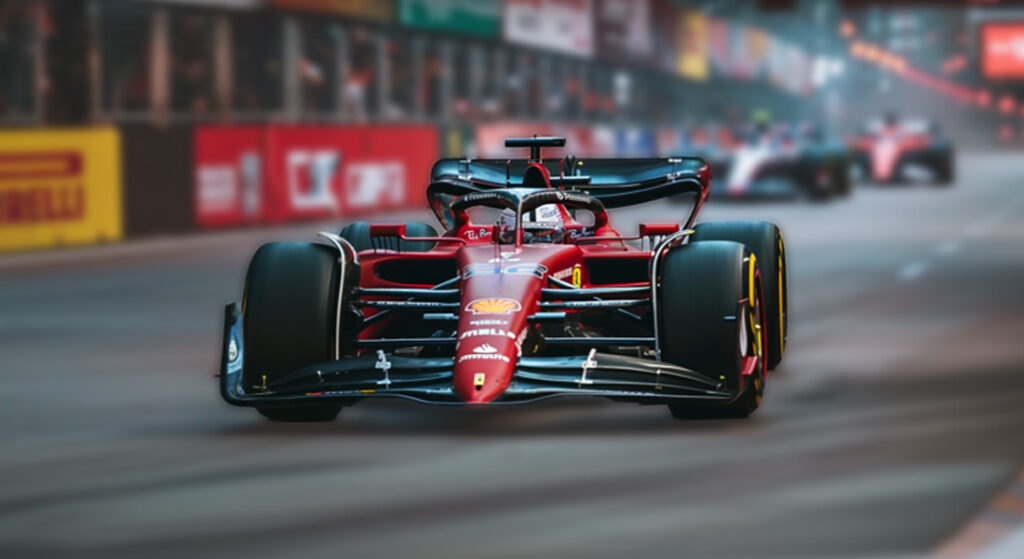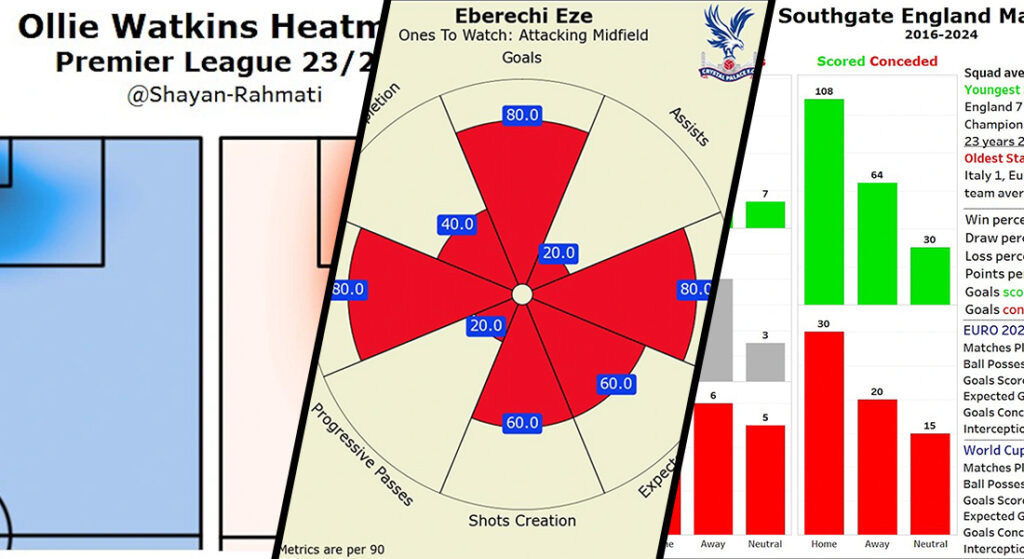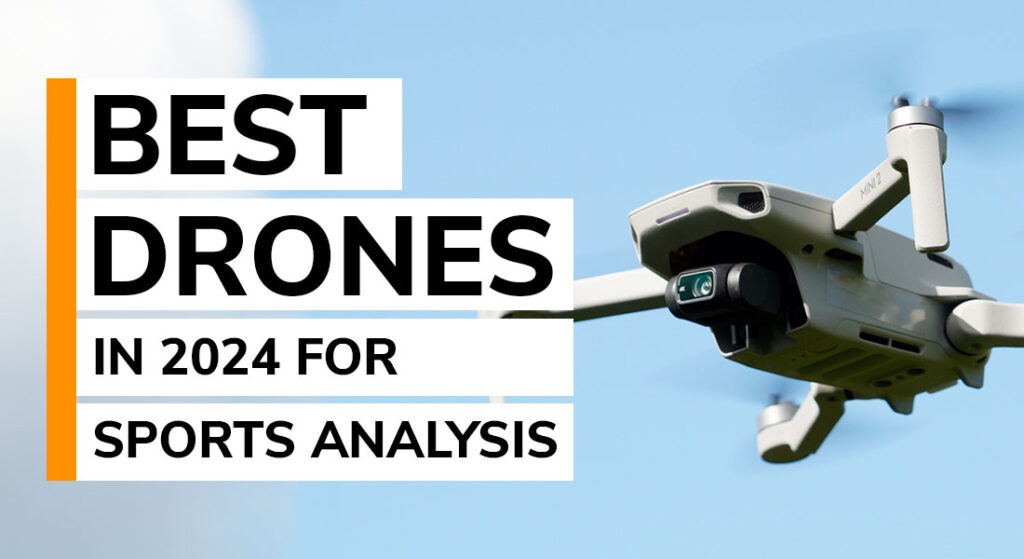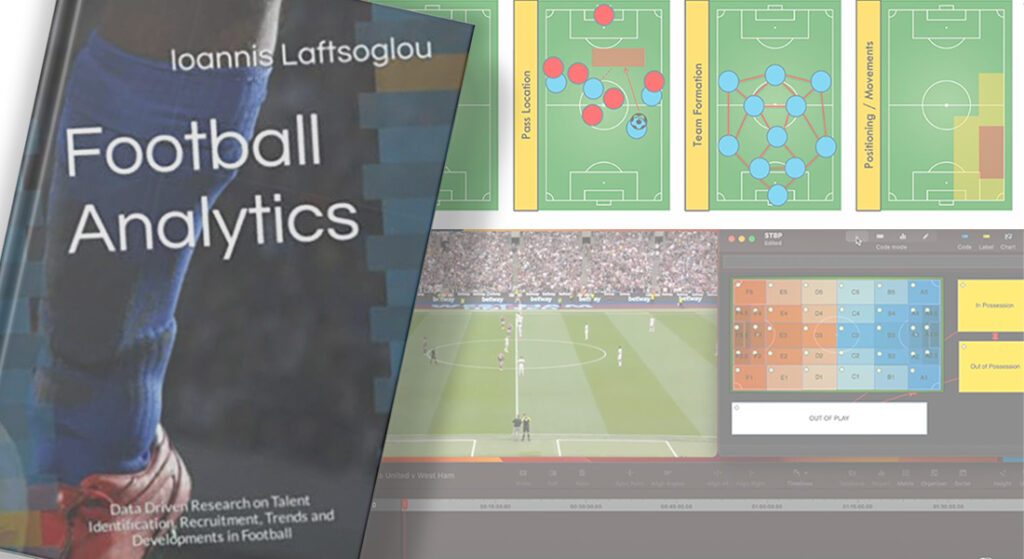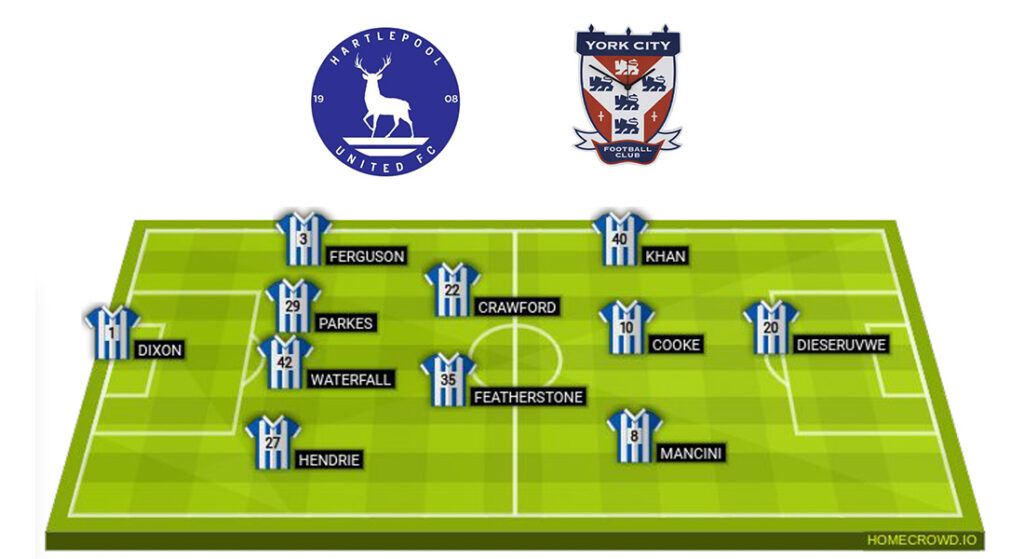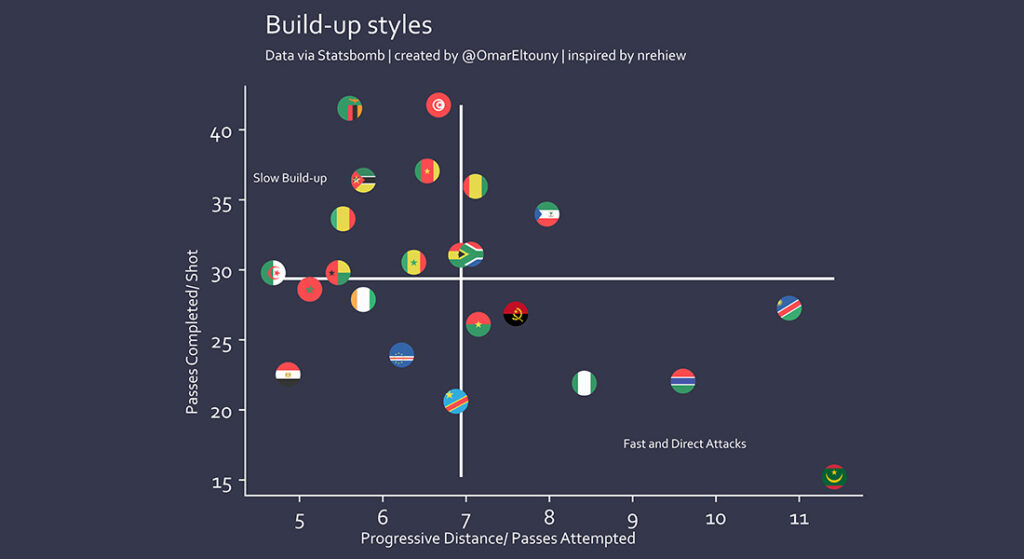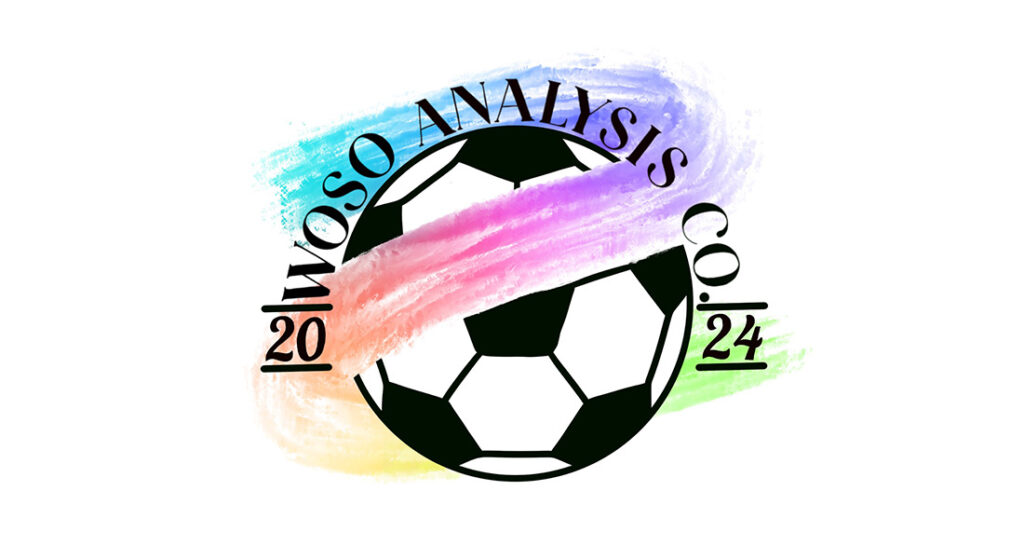Introduction
Esports, short for electronic sports, have experienced a remarkable evolution, transforming video gaming into a professional, competitive field with millions of fans and substantial monetary rewards. In this article, we will explore the profound impact of esports from a sports analysis perspective, covering its rapid rise, the dynamics of major titles, the role of data analysis, and the future of esports.
The Rapid Rise of Esports
Esports’ meteoric rise can be attributed to several key factors, with sports analysis playing a significant role in understanding and enhancing performance.
1. Online Streaming:
Platforms like Twitch and YouTube Gaming have provided an ideal stage for esports events. Data analysis comes into play as viewers dissect player strategies, tactics, and in-game decision-making to gain insights into what makes the best players stand out.
2. Accessibility:
Many popular esports titles, such as “League of Legends,” “Fortnite,” and “Dota 2,” are free-to-play. Data-driven insights and analysis help players refine their skills, optimise character choices, and devise winning strategies.
The Dynamics of Major Esports Titles
Major esports titles are as diverse as traditional sports, and analysing in-game and post-game data is a big part of player improvement and team strategy development. Let’s have a brief look at the most competitive games on the esports calendar and the role of analysis.
1. League of Legends:
This multiplayer online battle arena (MOBA) game developed by Riot Games is a staple in the esports community. Sports analysis techniques are used to study gameplay, identify winning patterns, and scout opponents. With frequent updates and team composition playing a major role in winning, there is plenty for an analyst to dig their teeth into.
2. Dota 2:
The competitive scene for Dota 2 revolves around “The International”, a tournament known for its enormous prize pool. Sports analysts scrutinise team performance data to optimise strategies and draft the best line-ups. At its core, it is a similar game to League of Legends and lends itself to similar analysis.
3. Counter-Strike: Global Offensive (CSGO):
CSGO is celebrated for its tactical gameplay as two teams have a strategic gunfight to gain control of an objective. Analysis of in-game metrics helps teams fine-tune their tactics, track player performance, and adapt to the opponent’s playstyles. Being able to predict the opponent’s strategy in this game can be instrumental on the competitive stage.
4. Fortnite:
As a battle royale sensation, Fortnite draws on data analysis to understand player behaviour and optimise game strategies. Most of the analysis will focus on the players’ utilisation of the map which is the same in each game. Being able to maximise your route is of huge importance.
5. Overwatch:
Blizzard Entertainment’s Overwatch presents an array of heroes and gameplay elements. Sports analysis techniques are employed to analyse hero usage, team compositions, and map strategies.
The Role of Data Analysis
Data analysis is integral to esports, helping teams and players gain a competitive edge. Sports analysts analyse various data points, including player statistics, team performance metrics, and in-game behaviours. This analysis yields insights that shape strategies, tactics, and player development.
1. Player Performance Metrics:
Sports analysts examine individual player statistics, such as kill-death ratios, accuracy, and objective captures. These insights enable players to identify areas for improvement and refine their skills.
2. Team Strategy Optimisation:
Data-driven analysis assists teams in refining their strategies. It helps identify opponents’ tendencies and weaknesses, which informs drafting choices and in-game tactics.
3. Scouting and Preparation:
Opponent scouting plays a crucial role in esports. Sports analysts meticulously study the strengths and weaknesses of upcoming opponents, helping teams devise tailored strategies for matchday.
The Future of Esports from a Sports Analysis Perspective
As esports continues to evolve, data analysis will become even more critical. The integration of sports analysis techniques, such as player tracking and performance prediction, will likely become standard practice. As technology advances and data analysis tools become more sophisticated, the future of esports looks promising for players, teams, and fans.
Conclusion
Esports’ evolution through a sports analysis perspective showcases its remarkable journey. The application of data analysis techniques to enhance player performance, optimise team strategies, and scout opponents has become integral to the competitive world of esports. As the industry continues to grow, data-driven insights will shape the future of esports and elevate it to new heights.
Community Author

Written by Tomas G.
Sports Data Analyst Student



